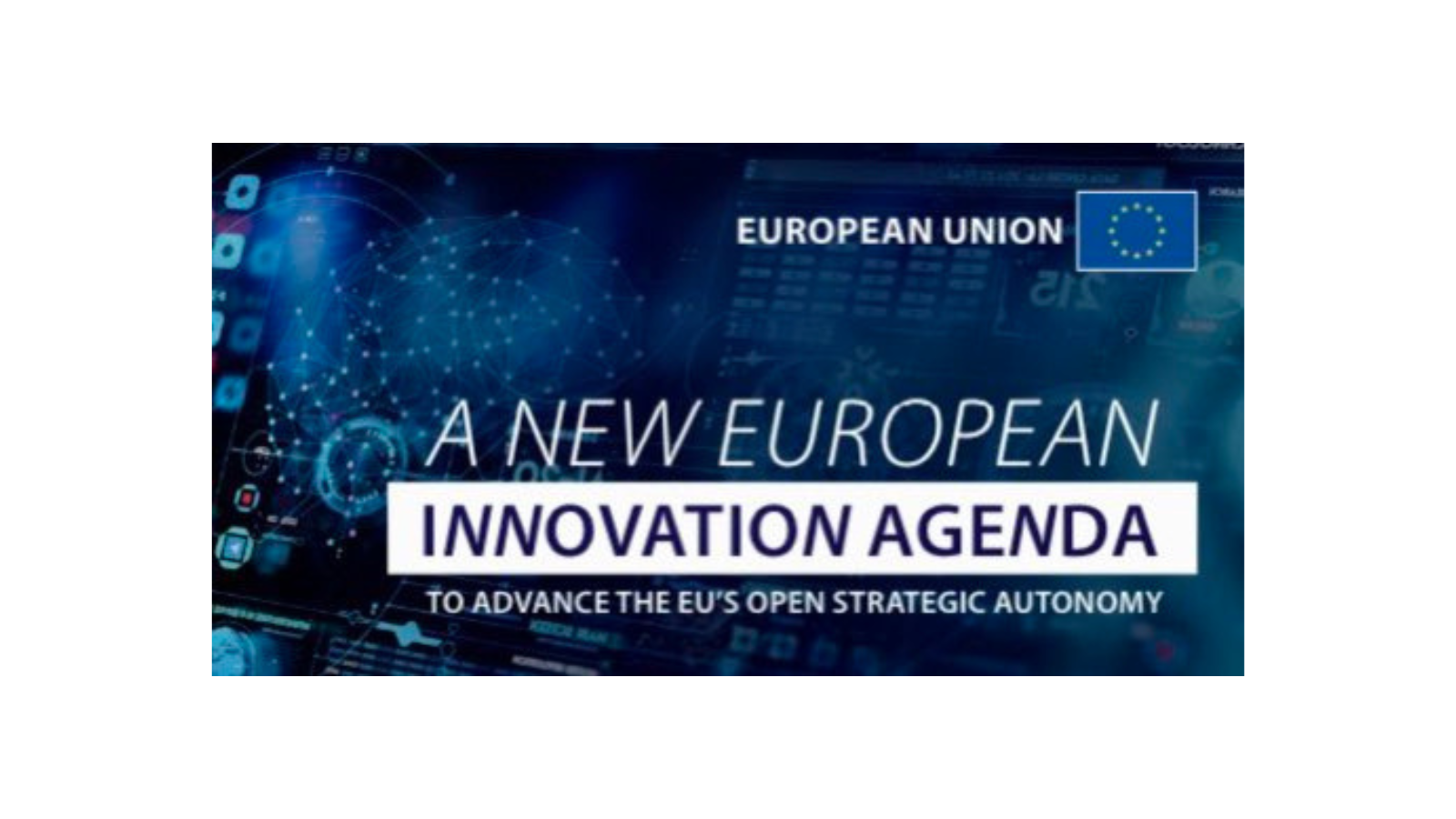
The new European Innovation Agenda unveiled
Today, the European Commission adopted the new European Innovation Agenda with the aim of positioning Europe at the forefront of the new wave of deep tech innovation and start-ups.
The document, to which ERRIN submitted input in May this year, sets out 25 dedicated actions under five flagships:
- Funding Scale-Ups
- Enabling innovation through experimentation spaces and public procurement
- Accelerating and strengthening innovation in European Innovation Ecosystems across the EU
- Fostering, attracting and retaining deep tech talents
- Improving policymaking tools
Given its strong focus on the ecosystem approach, ERRIN is particularly interested in the ecosystem flagship that should support the creation of regional innovation valleys and help Member States and regions direct at least EUR 10 billion to concrete interregional innovation projects, including in deep-tech innovation for key EU priorities. The flagship is also expected to support Member States in fostering innovation in all regions through the integrated use of cohesion policy and Horizon Europe instruments.
Read more about the release of the new European Innovation Agenda here.
ERRIN sees the new Commission communication as a highly anticipated step to bridge the research and innovation fields and their actors. Rather than dividing, the Innovation Agenda should be further connecting the dots with research policy, ERA policy agenda, ERA Forum, EIC Forum but also other linked programmes and initiatives such as European Innovation Ecosystems, Joint Cluster Initiatives or Digital Innovation Hubs, building on what already exists. Active stakeholder engagement and involvement of actors at the Member States level are other points to prioritise.
Building an effective European research and innovation policy depends on strong interconnected research and innovation ecosystems embedded in regions and cities. Ecosystem thinking is also crucial for bringing closer together different research and innovation actors and should be practically approached. PRI Pilot, in which 48 ERRIN members take part, should be a starting point, but it is only a one-year pilot. More support will be needed regarding building the capacities and skills. It’s also necessary to look towards the ERA Policy Action 15 on “ERA Hubs” and the related pilot calls soon to be supported by the WIDERA projects, as well as how the ecosystem flagship of the new European Innovation Agenda will be put into practice.
In this context, tackling the innovation divide remains a challenge for enabling the full R&I potential of Europe. ERRIN focuses on this topic through its Management Board Task Force on widening and deepening engagement and Management Board 2022-2023 priorities.
At the same time, ERRIN has been strongly highlighting the “human factor” and societal innovation when it comes to accelerating innovation – this is where most barriers can be seen and this is another reason why ecosystem thinking is indispensable. The hope is that the societal dimension will be sufficiently tackled in relation to the strong focus on deep-tech.
Full messages submitted by ERRIN to the call for evidence for the new European Innovation Agenda in May 2022 can be read here.
The new European Innovation Agenda was also the theme of the policy debate during the ERRIN Spring Annual General Meeting on 23 June, with participation of the European Commission representatives and ERRIN members as speakers. The debate can be watched here.